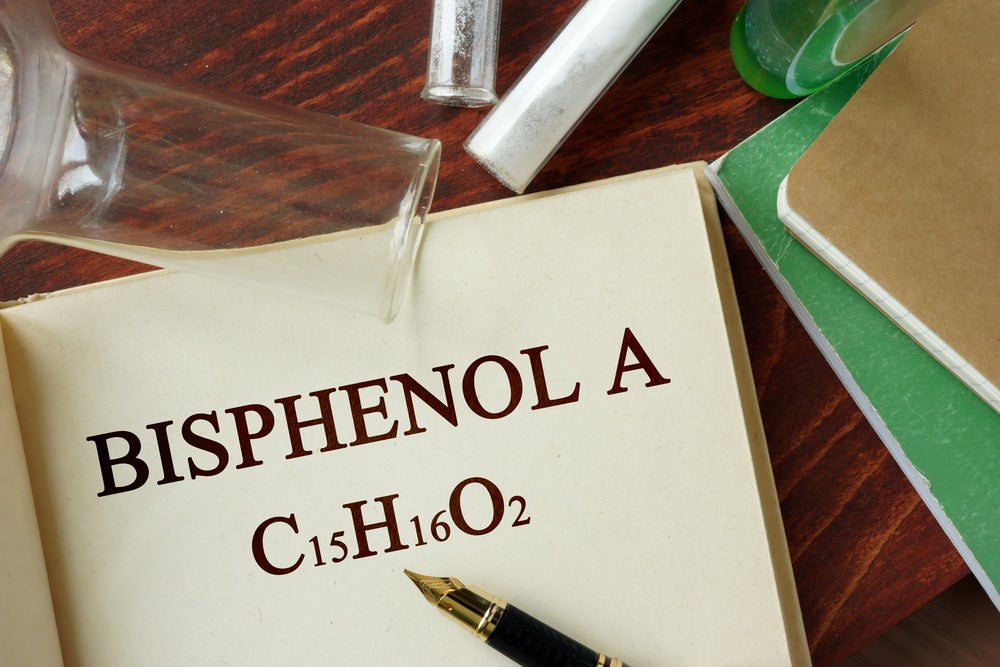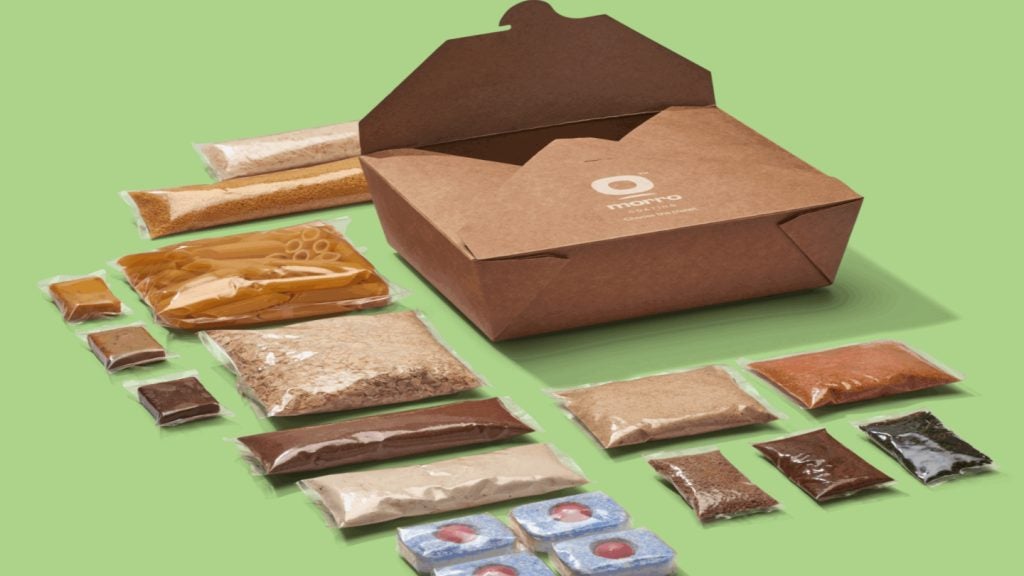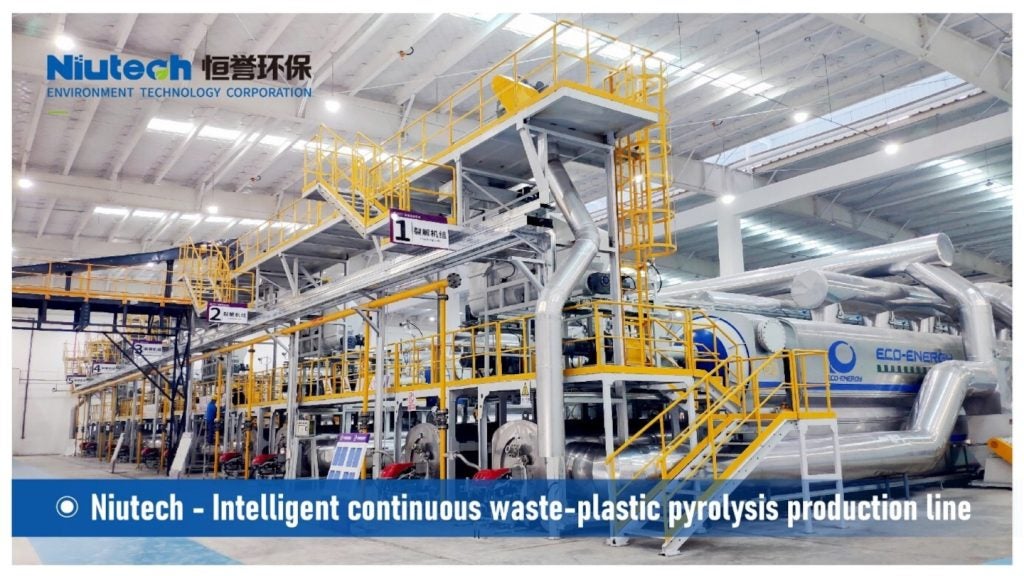Bisphenol A (BPA) has long been a common component in food packaging, particularly in the linings of cans and certain plastics.
However, growing health concerns have prompted manufacturers to seek alternatives. But are these substitutes truly safer, or do they pose hidden risks?
Understanding BPA and its health implications
BPA is a chemical compound used in the production of polycarbonate plastics and epoxy resins. These materials are prevalent in food packaging due to their durability and clarity.
However, studies have linked BPA exposure to various health issues, including hormonal disruptions, reproductive harm, and increased cancer risk.
As a result, many manufacturers have moved towards BPA-free alternatives, aiming to reduce these potential health risks.
The rise of BPA-free alternatives
In response to consumer demand and regulatory pressures, the food packaging industry has introduced several BPA-free alternatives:
- Bisphenol S (BPS): Initially considered a safer substitute, BPS has shown similar endocrine-disrupting effects to BPA, raising concerns about its safety.
- Bisphenol F (BPF): Another alternative, BPF, has been found to leach into food and may have similar toxicological profiles as BPA.
- Polyester and Acrylic Resins: Some manufacturers have adopted these materials, which are less likely to leach harmful chemicals.
Despite these alternatives, recent studies suggest that many BPA substitutes may not be significantly safer, with some exhibiting similar or even greater toxicity.
Safer and sustainable packaging options
Given the potential risks associated with chemical substitutes, many are turning to natural and sustainable materials for food packaging:
- Glass: Non-toxic, reusable, and fully recyclable, glass is an excellent choice for food storage.
- Stainless Steel: Durable and resistant to leaching, stainless steel is ideal for reusable containers.
- Bamboo and Rice Husk: Biodegradable and compostable, these materials offer eco-friendly alternatives for single-use packaging.
- Gelatin Films: Made from natural sources, these films are edible and compostable, reducing waste.
These materials not only mitigate health risks but also contribute to environmental sustainability.
Making informed choices
While the shift towards BPA-free packaging is a step in the right direction, it's crucial to remain vigilant. Consumers should:
- Opt for products packaged in glass or stainless steel when possible.
- Be cautious of products labeled "BPA-free," as they may contain other bisphenols with similar risks.
- Support brands that use natural and sustainable materials for packaging.
By staying informed and making conscious choices, consumers can help drive the demand for truly safe and sustainable food packaging solutions.
Ultimately, while BPA-free alternatives have been introduced to mitigate health risks, many of these substitutes may not offer significant safety improvements.
Exploring natural and sustainable packaging options presents a promising path towards healthier and more environmentally friendly food storage solutions.












